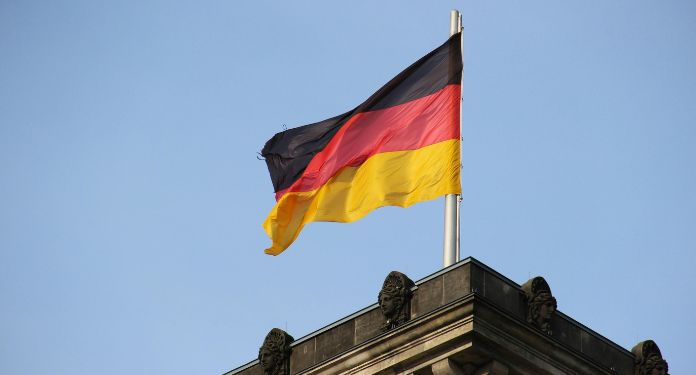Germany’s newly established gambling regulator, known as GGL, is vigorously contesting proposed changes to the country’s criminal code, the Strafgesetzbuch.
The reason behind this opposition lies in the fear that the changes could undermine their ability to effectively crack down on unlicensed gambling operations. In addition to potentially harming anti-money laundering efforts.
Ronald Benter, co-president of the GGL, expressed concern about the implications of the changes and urged those responsible to reconsider.
A crucial point raised by the regulator is the application of Article 284, which provides direct collaboration between federal entities, such as the GGL, and the Public Ministry in the conduct of criminal investigations.
This article plays a fundamental role in combating gaming operators located abroad.
However, the Ministry of Justice is seeking to align the code’s regulations with the Statute of the International Criminal Court. So, with regard to the initiation of international criminal proceedings.
The GGL, for its part, advocates that the power to prosecute offshore gambling operators be explicitly included in legislative updates, rather than being left to interpretation.
This issue gains even more relevance given the German regulator’s opposition to the measures adopted by Malta to protect the country’s online gambling operators against legal actions brought by other European Union nations.
These disagreements highlight an ongoing debate about the regulation of online gambling in Europe. Thus, as different actors defend divergent perspectives regarding jurisdiction and application of the law.
Details about GGl in relation to gambling
In July 2021, the country launched the State Treaty on Gaming (GlüNeuRStv). This agreement established the GGL and allowed operators to apply for online gaming licenses across the country.
Before that, only sports betting was permitted outside Schleswig-Holstein.
A treaty accompanied a law that imposed a 5.3% tax on online slots and poker, with a limit of €1 per spin for online slots.
The tax proved to be highly controversial, especially with the operators’ association, der Deutsche Sportwettenverband (DSWV).
Since July 2021, the GGL has taken on more responsibilities from states that previously held oversight of the gaming sector.
In December 2022, members of the Gambling College, the decision-making body for German states, handed over files to the GGL. This symbolic move delegated the task of regulating the game to the new authority.




















































